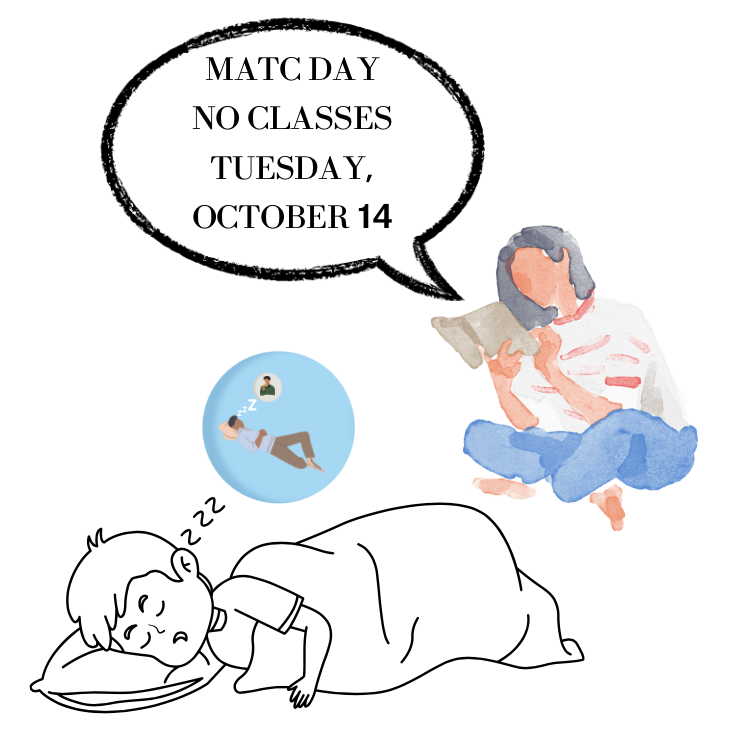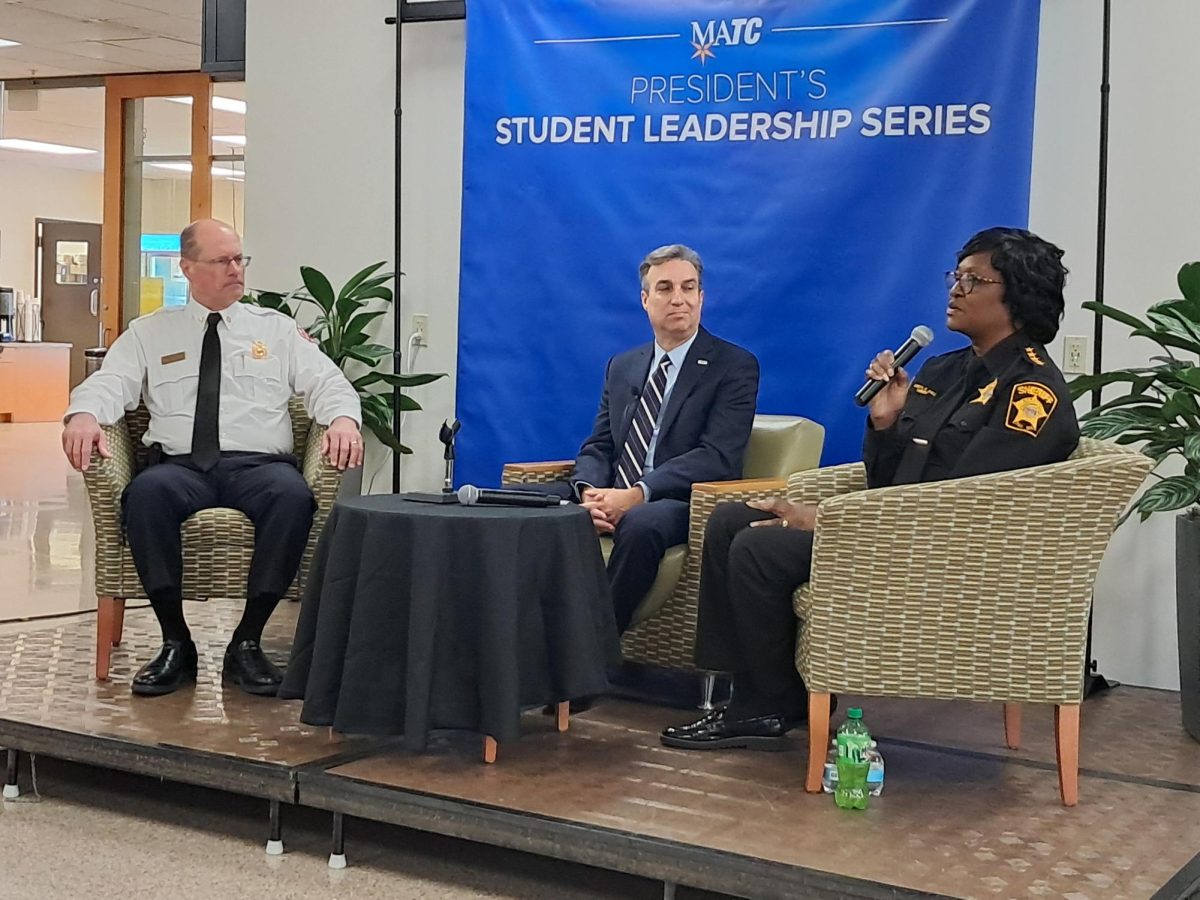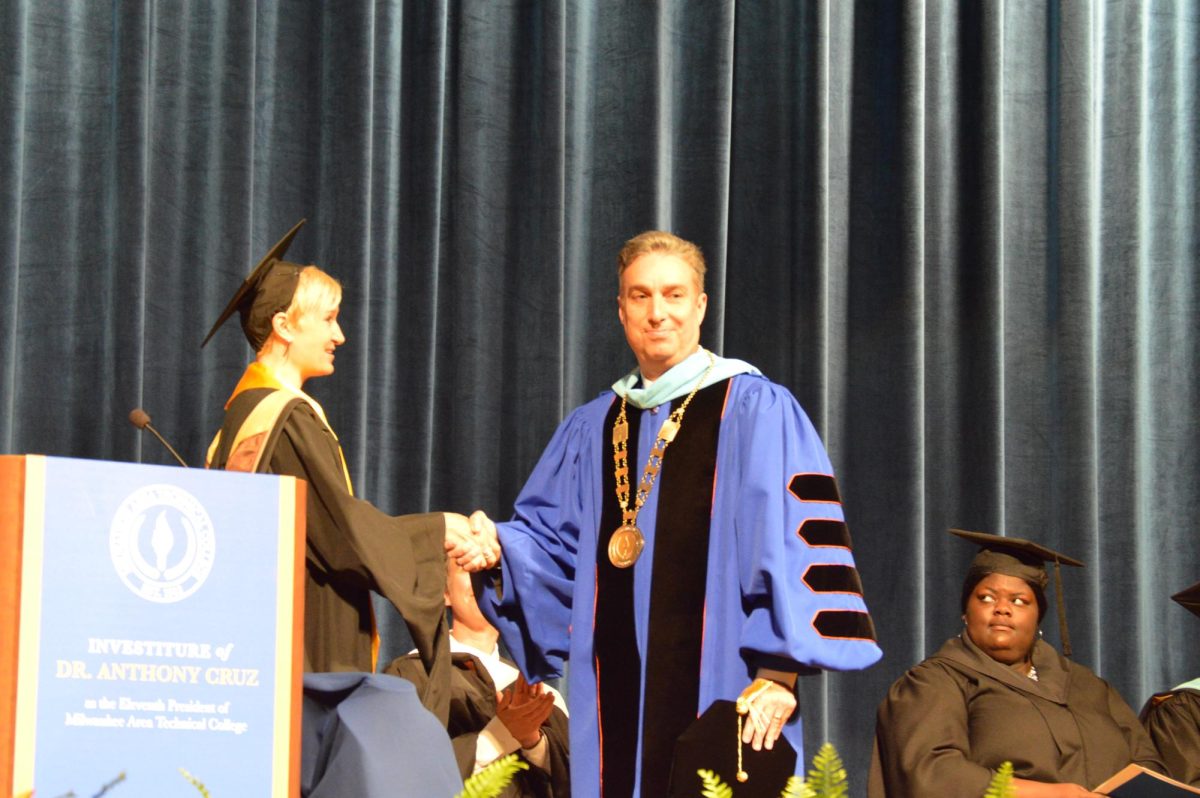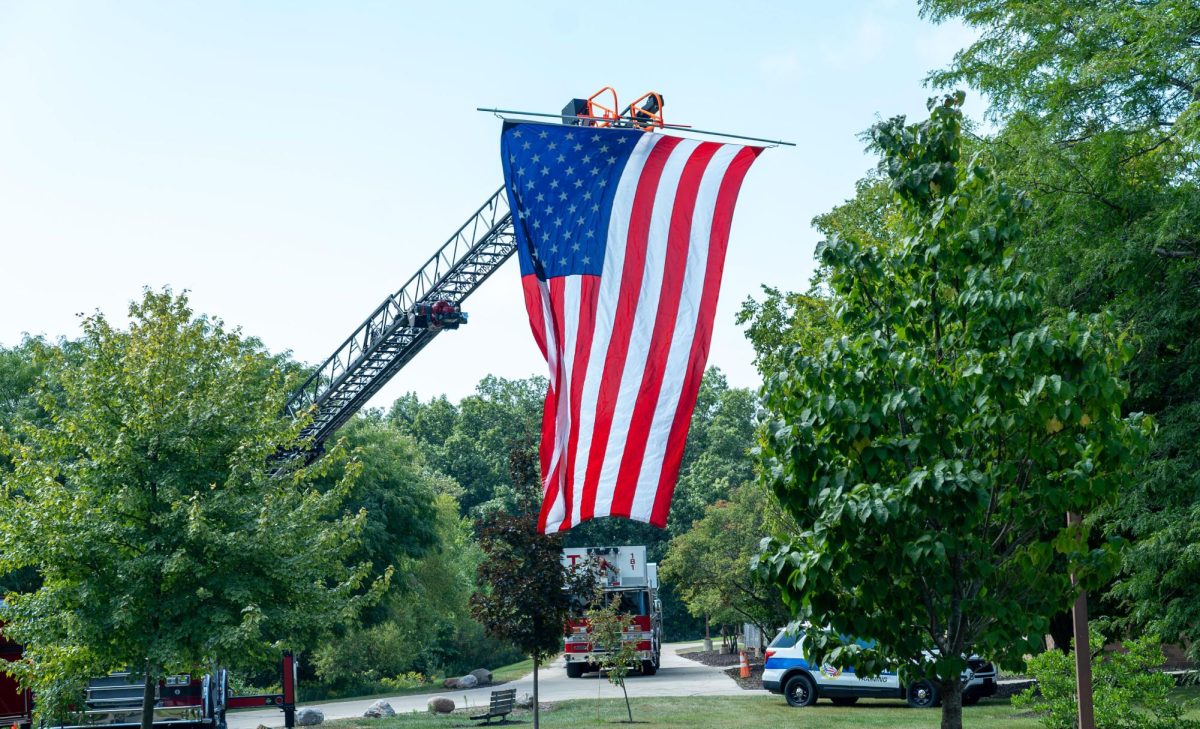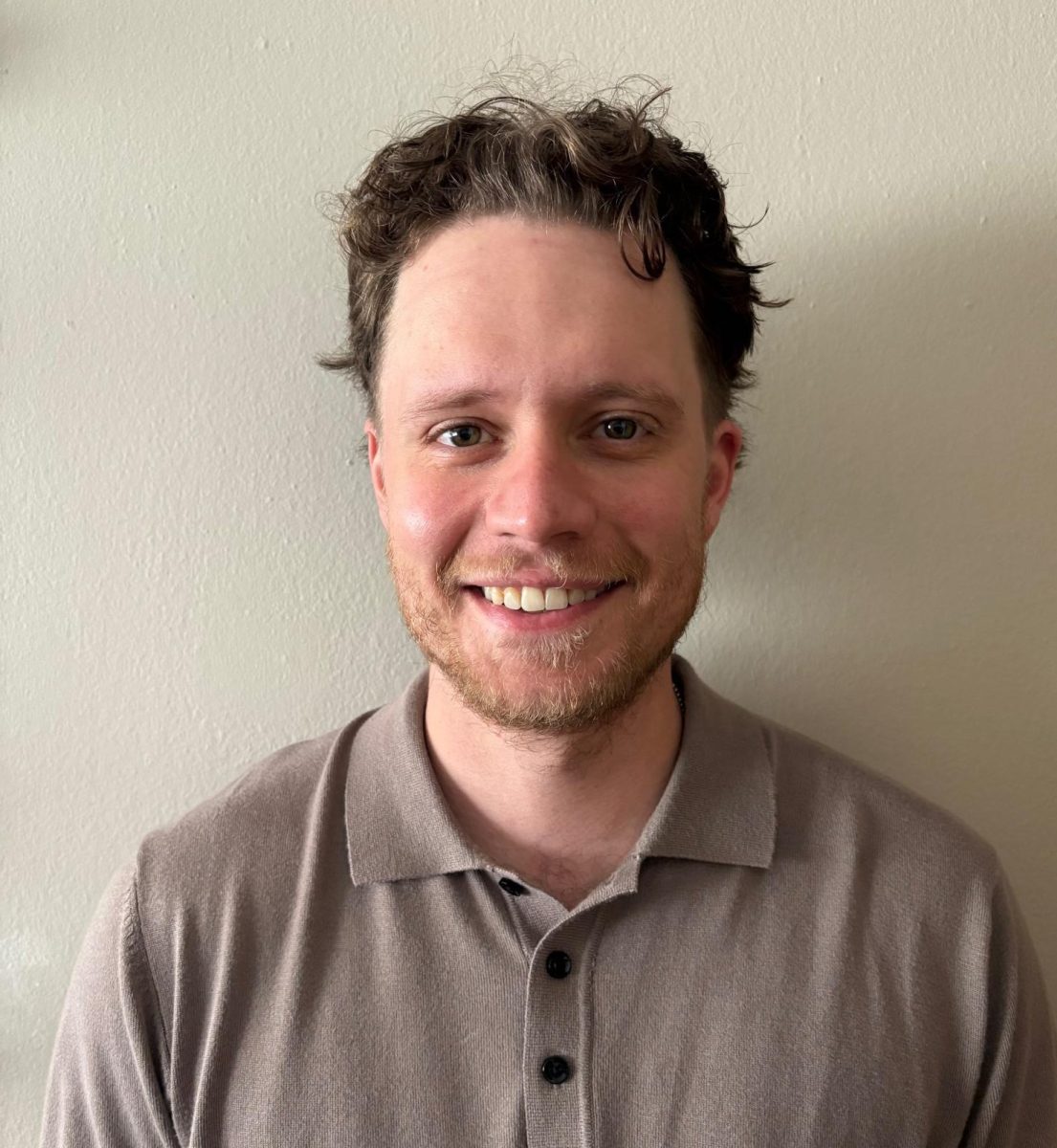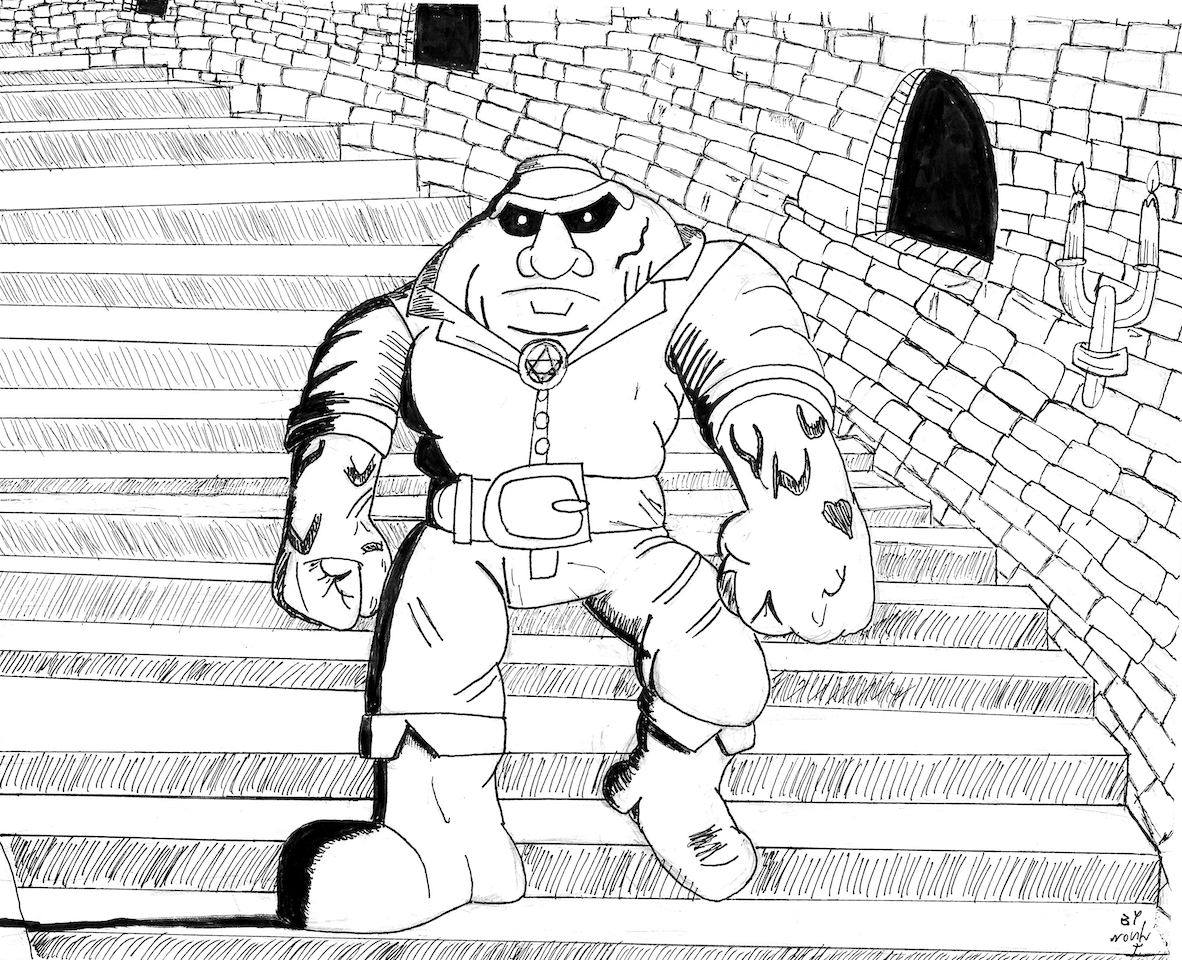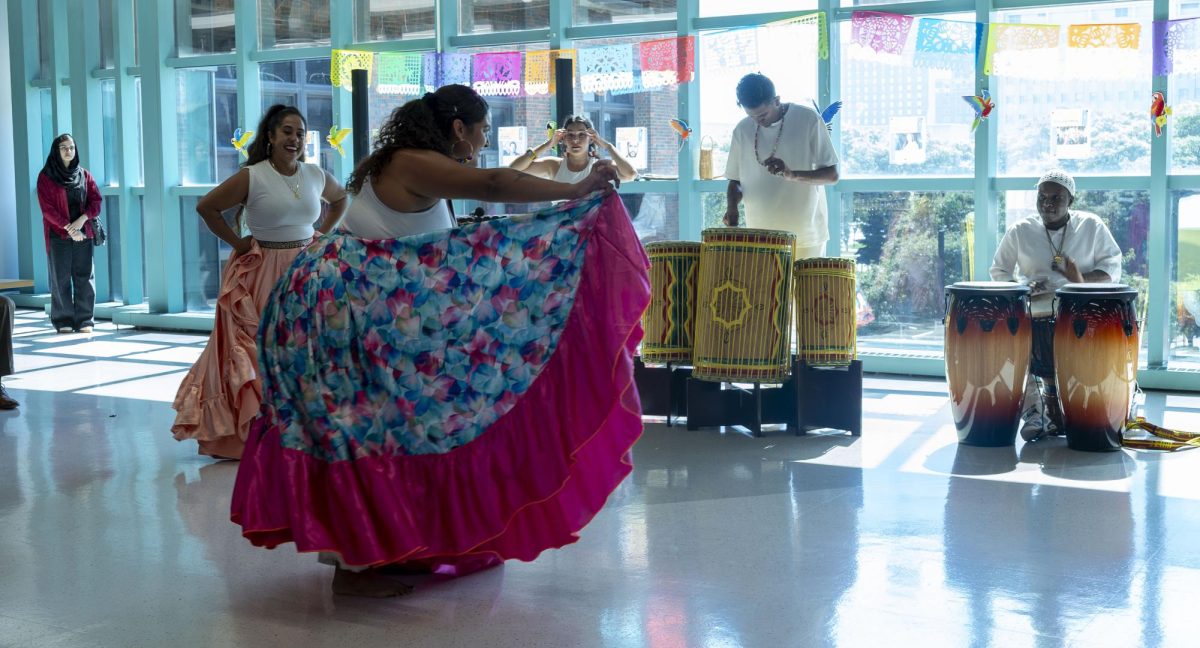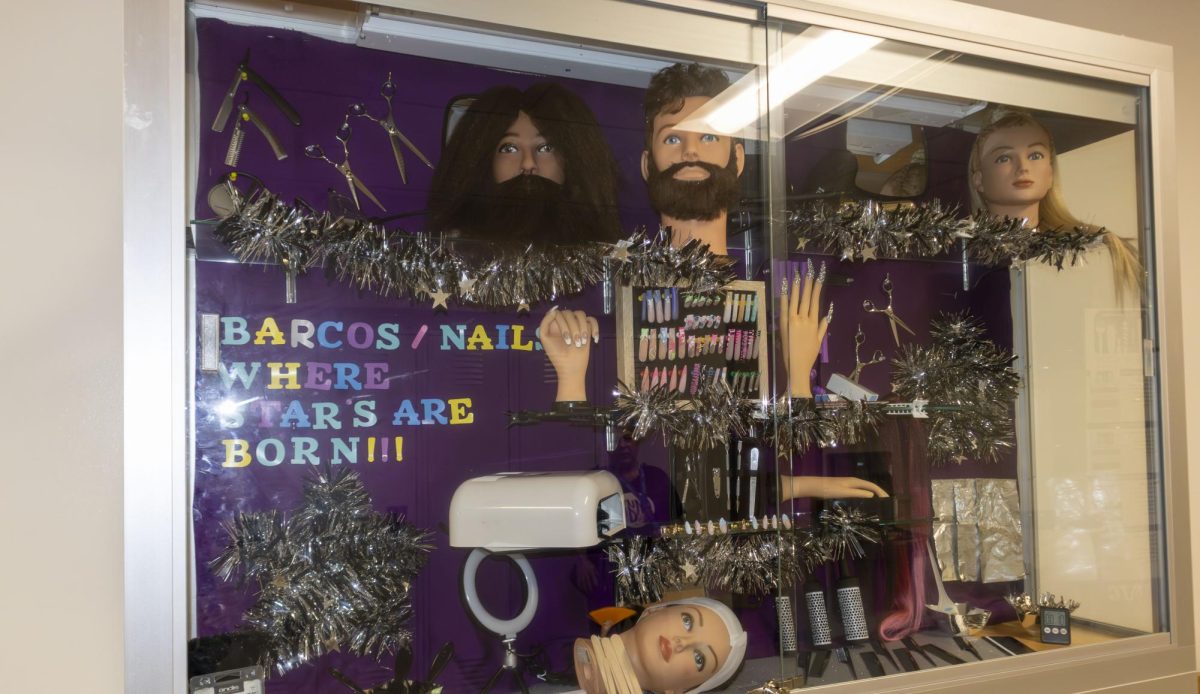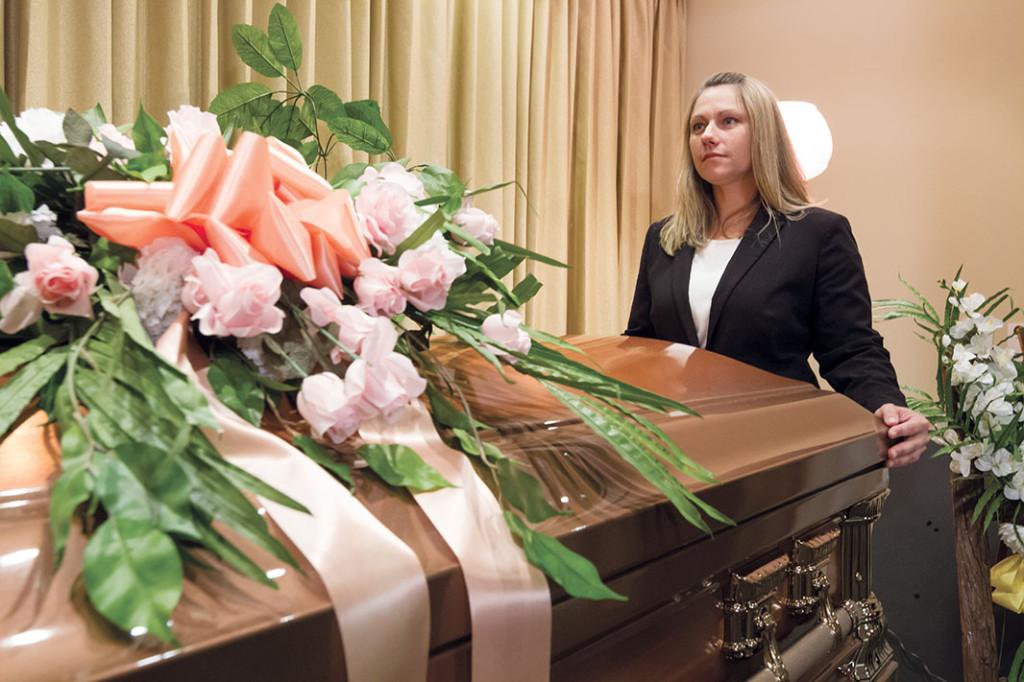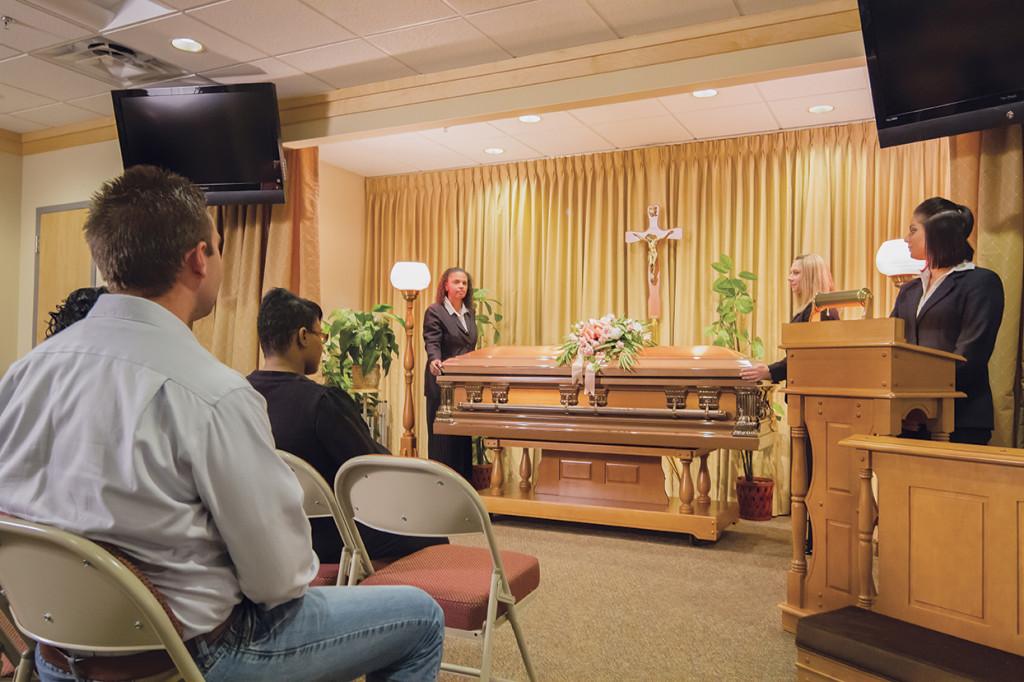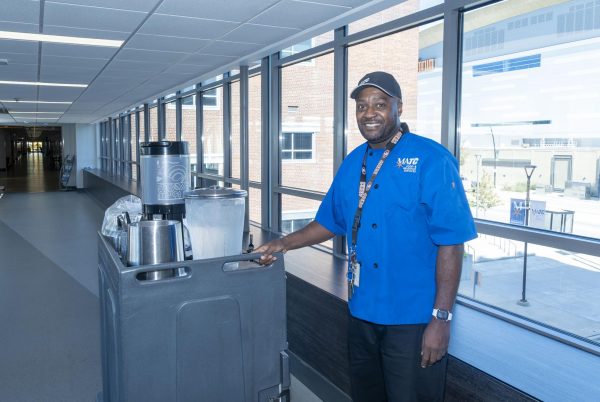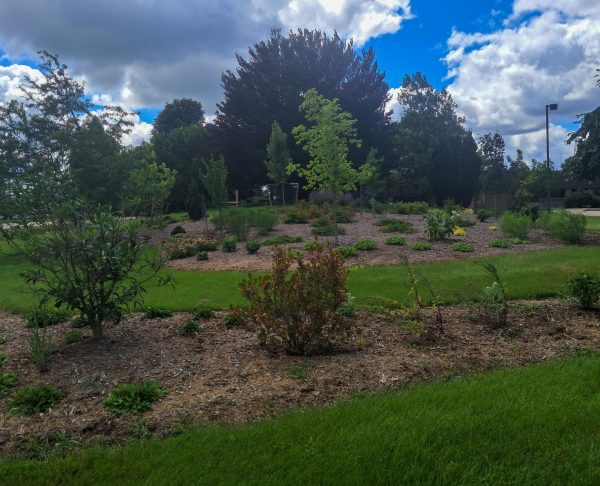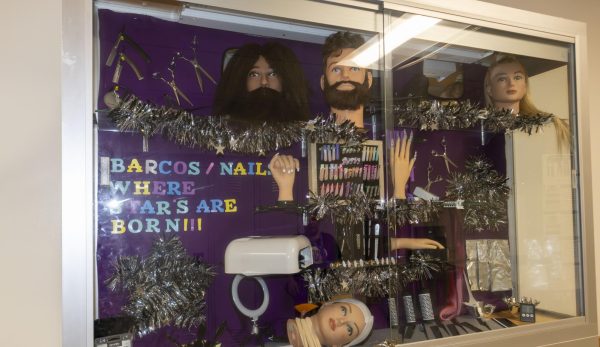Facing death while educating the future
Photo by Jarob Ortiz/Times
One of the best qualities of our school is the wide variety of programs, there is something for everyone. We have an extensive funeral service program at the West Allis campus. It is a program established on human relationships, compassion and customer service, and is designed to prepare students for a career in the ever-growing funeral service industry. Our college is the only school in the state that offers this in-demand program. It is an exclusive program to MATC, which offers hands-on experience. The program is run by three key members: Michael Cornelius, graduate of the program and long time faculty member and a licensed funeral director for 27 years, John Pludeman, program coordinator and licensed funeral director for 37 years, and Dr. Richard Ammon, associate dean of health sciences.
The program admits students through a petition selection process. There are also some requirements prior to entering the program such as a minimum of 57 college credits. A one-year apprenticeship is mandatory before or after being enrolled. In regards to the admission process and curriculum Ammon said, “We have strong academic requirements because the program is academically demanding and we want to make sure the students are prepared.” Pathology, business law and restorative art are some of the classes in the program.
The new and improved facilities have numerous departments that include: multiple classrooms, job posting wall for students, a library with computers and printed material. It also has an arrangement room, a selection room, and a chapel room where students perform mock funeral services. “We try to simulate as much as we can,” says Cornelius. The prep room is equipped with state-of-the- art equipment where students actually perform embalming duties. “Students get hands-on experience; it’s not just learning from a book but applying what they’ve learned,” Ammon explained.
Common among students and faculty is their personal experience which got them involved with the funeral service industry. Cornelius and Pludeman both shared their stories of being exposed to funerals at young ages and how it prompted them to choose this profession. “I witnessed the good work the funeral home did and it seemed to be a very honorable and a worthwhile profession,” Pludeman stated. Cornelius added, “I happened to talk to a funeral director and he spent some time with me during the service and really made a big impression on me.”
Having a passion for helping people is beneficial in this profession. “The greatest reward is the satisfaction of knowing that I helped a family at a very difficult time,” Pludeman shared. There are two aspects of this profession: First, it’s about science and working with the deceased in a respectful, knowledgeable manner. “We are entrusted with tremendous responsibility; families trust us to take care of their loved one. This is someone’s father, mother, brother or sister,” Cornelius stated and continued, “That is how we view anyone we work with.”
Secondly, it is about compassion and helping grieving families often at their worst moments. “People are going through such a wide range of emotions,” Cornelius said in regards to the surviving families. “One of the most important qualities (in the funeral service) is empathy.” Students are trained in-depth to handle these delicate situations. Pludeman shared, “It has not hardened me, it has made me more sensitive and more compassionate to the beauty and value of life,” in regards to being constantly faced with death.
Dee Sena-Anderson, a student of the program, wishes to take away some of the scare of the program, “Everyone deserves the very best send-off they can possibly have.” Sena-Anderson continued to say, “It is more about being respectful and celebrating a person’s life; that is why we do this.” When asked about the program, Sena-Anderson replied, “It is everything I expected and more.” She finds what she does very fulfilling and is happy with the program. She closed by saying, “Having someone entrust me with preparing their loved ones and creating a celebration for their final goodbye means the world to me.” She will be graduating next semester.
These professionals make it possible for us to have a warm atmosphere for our loved ones’ final goodbye. However, they are often taken for granted and should be commended for their hard work and dedication. “Ultimately, we only get one chance to get it right,” Cornelius stated in regards to a funeral, “It is an art what we do.”
This is a lifelong profession and almost one-third of funeral directors are reaching retirement age. “Job outlook is 18 percent from 2010-2020 and an additional 5,300 jobs nationally,” said Ammon. “We have more job openings than students to fill them.” This job will never be shipped overseas and will always be needed.
Many funeral directors form bonds with their clients. “What I have found is that over time we have become very close with the people that we serve and they become lifelong friends,” Pludeman concluded.
The funeral service program is a great and rewarding opportunity. If you are looking for a compassionate and fulfilling career that will always support you, consider taking a tour of the facilities. You may be pleasantly surprised by how important this job and program really is and maybe it is right for you.

